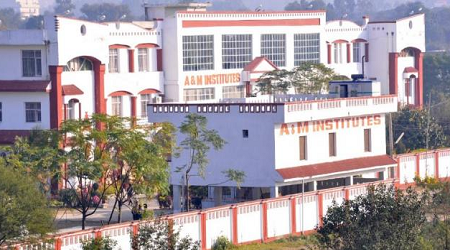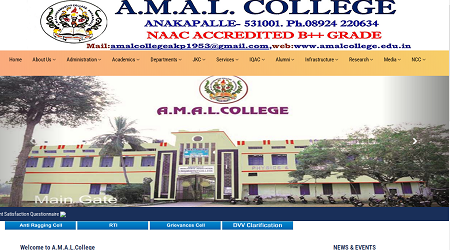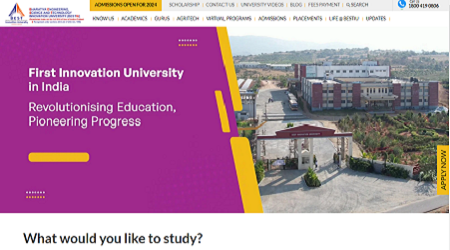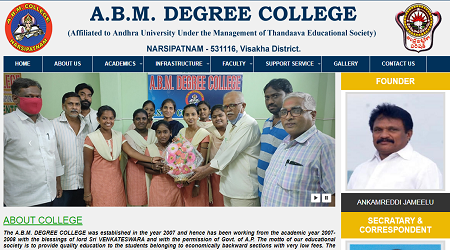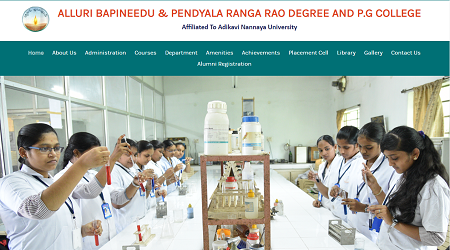PhD in Law entrance exam 2025-26
For post-graduate students who want to improve their education through legal study, there is a Ph.D. in Law programme. The programme gives applicants a chance to make a contribution to the academic community in their areas of study of choice. Every year, each university publishes an advertisement requesting applicants to apply for admission to the research degree programme. The University and Institute choose the maximum number of seats that may be offered in a given year. Candidates with an LL.M. degree (regular mode) from a recognised university and an overall average of 55% of marks or its equivalent grade (in the case of SC/ST/PWD candidates, 50% of marks or its equal grade). The candidate must complete at least three years of research in the field of their choice, together with the required course work outlined in the Ph.D. Regulations. The Ph.D. programme may last up to six years, provided all criteria are met in accordance with the rules. Registration will be automatically cancelled if the course is not completed within the allotted six years.
THREE_BUTTON
Choosing a Good Topic for Research
It's important to prepare thoroughly before selecting PhD law themes for Thesis, Dissertation, or research paper in order to prevent potential traps while researching the chosen topic. Get the assistance of our knowledgeable writers who will take your preferences for law-related subjects for your thesis, dissertation, and research paper into consideration to help you stand out. We're driven to raise your ranking and best showcase your research abilities.
It is preferable to choose a specific issue to avoid deviating from the primary theme and to discuss the selected legal subarea in depth. As is customary, addressing research subjects in law necessitates defining the audience and taking into account their interests and level of expertise in the subject matter. Ask a top-notch writing service to explain these contentious areas for you if you are having trouble choosing a worthwhile topic and, more importantly, figuring out what your audience wants to read in your paper.

THREE_BUTTON
Writing Effective and Valuable Synopsis or Research Proposal
Each candidate must submit a 3500-word maximum research proposal and synopsis. The overview and study proposal should include:
· Title
· Problem Statement with background information subject-wise as well as the anticipated research contribution
· A set of questions based on research as well as the methodology and hypothesis
· A research design
A panel of specialists will review the summaries of candidates who are eligible to present orally. An experienced panel will assess the oral presentation.
Writing an Effective and Valuable Thesis or Dissertation
Important Guidelines:
· Cover Page: Title as well as Student Details
· Table of Contents & Table of Cases: In case there are additions of case laws
Project Report Structure
· Introduction: In 30 to 40 pages, provide a brief background on the subject and an introduction; avoid copying verbatim from the original source. Make your case and use an analytical opening to frame the issue under study from a particular angle.
· Literature Review: 30 to 50 pages, or as many as may be appropriate. It is a review of legal publications on the subject of choice. Look up articles, books, reports, cases, monographs, and statistics based on the general theme to highlight in the literature: advancement in the field generally:
· Through numerous texts, noteworthy contributions in the field are expressed.
· Connect to and include your proposed research topic in the literature review to emphasize its importance.
· Do presentation of study
· Problem Statement:
· The situation at hand must be stated in clear terms. Make a concise statement outlining the precise scope and breadth of the issue being investigated. Make mention of the topics that the report would genuinely investigate.
· Conceptual Framework: The proposed study may contain ideas, claims, and doctrines that need to be articulated in order to serve the study's objectives. All such usages should be given practical definitions.
· Methodology: Depending on the research design, whether it is doctrinal or not
· Objectives: Clearly state the quantifiable goals of the research that will be done.
· Hypothesis/Research Questions: Make brief statements (one for each objective, for example) outlining the alleged relationship or influence between no more than two factors.
· Sample: Most often relevant to non-doctrinal studies. Mention the sampling strategy that was used. Alternately, select the method that is appropriate for the doctrinal study.
· Data Collection: All study, whether it is doctrinal or not, requires some sort of data; therefore, the report should include information about the sources and the type of data that will be gathered. It could contain:
· Primary Data Collection (In Case of Non-Doctrinal/Empirical Study): The plan is as follows if the study entails gathering information from the respondents:
· Universe of the Study: Give the source and/or an estimate of the number of units in total.
· Sampling Design: How to sample in order to obtain the necessary number of samples
Tools: Methods for gathering the necessary data include participant observation, participant interviewing, questionnaires, and case studies.
· Techniques: Any scale, measurement, etc.
· Statistical Consideration
· Software Applications
· Secondary Data Collection (Applicable in case of Doctrinal Study)
· Mention the secondary sources that were used, including any reports or online sources that were checked.
· Case Studies
· Case Laws
· Judgments
· Content Analysis
· Document Analysis
· Meta Analysis
THREE_BUTTON
· Data Analysis/Discussion: The part mostly contains the researcher's planned data analysis and interpretation.
· Chapter Schemes: As per the Structure.
· References: Observe the conventions for referencing and citation.
Read More
Latest News & Updates
- How to Choose the Right Coaching Center for Entrance Exams
- Career Opportunities After Completing a Degree in Chemistry
- Top Colleges for Film Studies in India: Admission Guide
- Best Career Options After Completing MBA
- Top Institutes for Data Science Courses in India
- Top Colleges for Hotel Management in India: Admission Guide
- How to Choose the Right Specialization in Engineering
- Career Opportunities After Completing a Degree in Social Work
- Top colleges for Fine Arts in India: Admission Criteria
- How to Apply for a Government Job After Graduation
Top Courses
- BACHELOR OF SCIENCE IN HOSPITALITY MANAGEMENT AND DIETETICS
- BACHELOR OF LEGISLATIVE LAW
- BACHELOR OF COMMERCE IN FOREIGN TRADE MANAGEMENT
- BACHELOR OF COMMERCE IN CORPORATE AFFAIRS AND ADMINISTRATION
- BACHELOR OF COMMERCE HONOURS IN ACCOUNTING, AUDIT & TAXATION
- BACHELOR OF ARTS IN PHYSICAL EDUCATION
- BACHELOR OF TECHNOLOGY IN MARINE ENGINEERING LATERAL ENTRY
- BACHELOR OF SCIENCE IN LIFE STYLE AND ACCESSORY DESIGN
- BACHELOR OF SCIENCE HONOURS IN BOTANY
- BACHELOR OF ARTS IN TOURISM & TRAVEL MANAGEMENT


